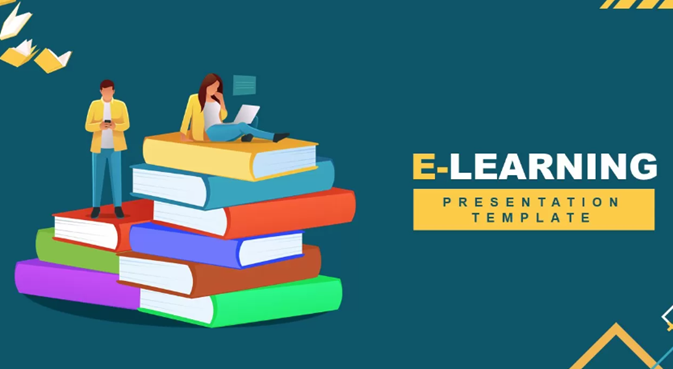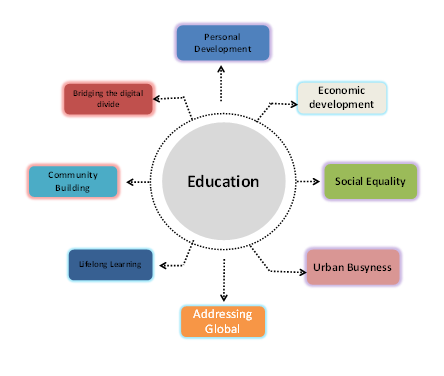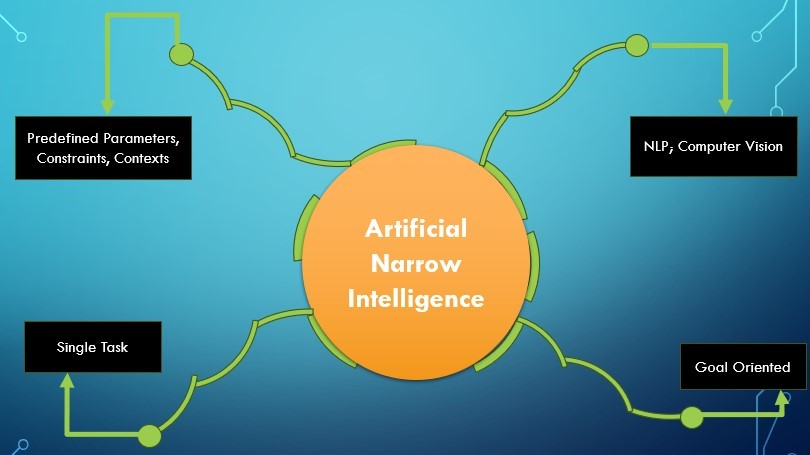
Importance of education in modern society
Education is the cornerstone of modern society, which also shapes individuals and communities by developing the knowledge, skills and power necessary for personal and collective development. It is a powerful tool that not only equips people for the workforce but also empowers them to contribute meaningfully to society.
Personal development
Education enhances critical thinking, problem solving and decision making skills. It promotes confidence and self-awareness, allowing people to pursue their ambitions and overcome challenges. Exposure to the fields sparks creativity and options that lead to breakthrough ideas that benefit both individuals and society.
Importance of education Economic development
A well-educated population helps drive economic growth. Education gives people a dynamic response to market needs and boosts the household…it also reduces poverty to a great extent and improves quality of life. Nations with high family literacy rates analyze greater economic viability and attract global investment, creating a ripple effect that greatly benefits entire societies.
Importance of education Social equality
Education creates powerful equalizers to reduce disparities and empower marginalized communities. By providing equal opportunities, it plays an important role in breaking the cycle of poverty and promotes inclusion. Initiatives focusing on education for disadvantaged groups such as its Lashib, Community Program have transformed countless lives by promoting social cohesion.
Urban busyness
An educated society actively participates in democracy, makes informed decisions and advocates for justice and equality. civic education promotes awareness of rights and responsibilities, empowers individuals to deal with social problems. It empowers engagement with global reputation. It creates a basis for accountability and solidarity among productive nations.
Addressing global challenges
Education prepares individuals to address critical global issues such as financial transformation, public health and technological progress. Environmental education promotes sustainability while health education promotes disease prevention. Topics of social justice Integrating education empower students to advocate for systemic change and equity.
Importance of education Lifelong learning
Lifelong learning is increasingly important in a rapidly changing world. Continuous education ensures adaptation to technological advancements and changing societal norms. Online platforms, workshops and professional training further enable lifelong learning. An has created accessibility that enables individuals to remain relevant and whole.
Importance of education Community Building
Education strengthens communities by fostering shared power and mutual respect. Schools act as hubs of cooperation, fostering a sense of belonging. Educated communities are more resilient, effectively responding to local challenges. Deals with and inspires kingship and philanthropy.
Importance of education Bridging the digital divide
Digital literacy is so essential in today’s technology-driven world. Education bridges the gap between those who have access to technology and those who lack it. Helping to ensure that by teaching essential digital skills Ensure that marginalized groups are not left behind while promoting equality in the digital age.
Role of teachers and institutions

Educators and educational institutions are key actors in shaping society. Quality education and strong learning environments inspire students and foster innovation. Through partnerships with industry and governments, educational institutions or I contribute to development and social progress.
Conclusion
Education is the key to unlocking human potential and promoting sustainable development. It empowers individuals, develops economies, and fosters social cohesion. An as Nelson Mandela said “Education is a powerful weapon you can use it to change the world” by investing in accessible and higher education to create a brighter, more equitable future for all of us.



